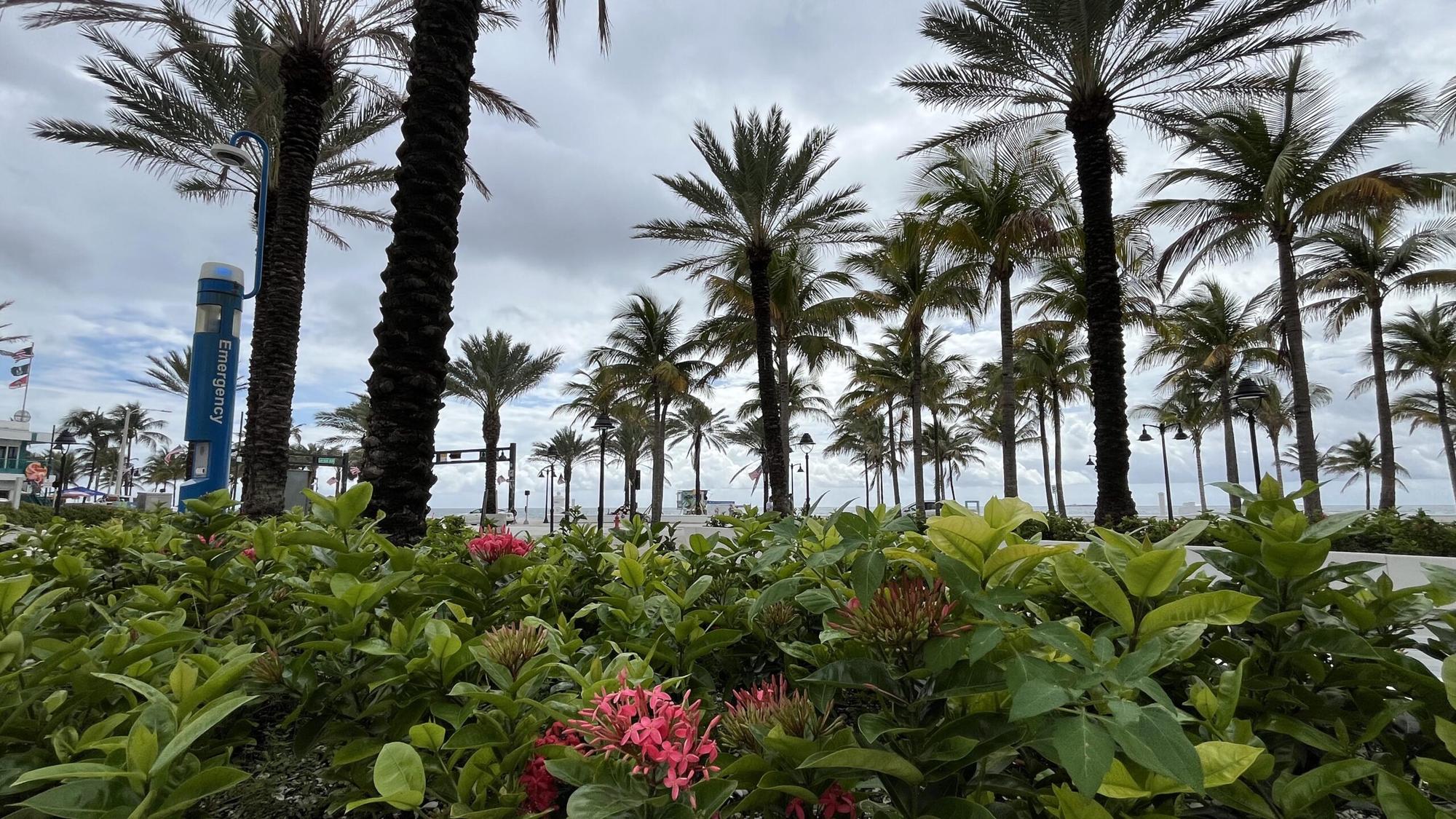Fort Lauderdale’s cannabis delivery framework continues to be governed by Florida state law, which only allows medical marijuana use and distribution through licensed Medical Marijuana Treatment Centers (MMTCs). For patients in Fort Lauderdale, that means delivery is not only legal—it’s a vital part of accessing treatment, especially for those with mobility issues or chronic conditions. But there are some important legal nuances that both patients and caregivers should understand before placing an order.
Medical Use Only in Florida
Florida remains a medical-only cannabis state. Recreational use has not yet been legalized, so all cannabis delivery services in Fort Lauderdale must operate under the Florida Medical Marijuana Legalization Initiative (Amendment 2), approved in 2016, and regulated by the Florida Department of Health’s Office of Medical Marijuana Use (OMMU). Only qualified patients with a state-issued medical marijuana card can legally receive cannabis deliveries.
Licensed Delivery Services Only
All cannabis deliveries must originate from a licensed MMTC, such as Trulieve, MÜV, Fluent, or Surterra. These companies operate delivery fleets that are specifically registered with the state and must meet strict standards for security and record-keeping. Third-party delivery platforms, such as Uber or DoorDash, are not authorized to transport cannabis under Florida law. Any service not registered as an MMTC is operating illegally.
The law also mandates that each MMTC handles its own logistics. That means the dispensary you order from will deliver directly, without outsourcing to couriers or third-party apps. The delivery vehicles must have GPS tracking, secure storage compartments, and employees trained in regulatory compliance.
Delivery Boundaries and Timing
Fort Lauderdale does not impose any additional city-level restrictions on cannabis delivery within municipal limits. Patients in the surrounding Broward County areas are also eligible, provided they are listed in the OMMU registry and place orders with licensed MMTCs.
Deliveries can only occur between 7 a.m. and 9 p.m. as per Florida Administrative Code 64-4. Delivery agents are also required to verify a patient’s identity and medical marijuana card upon drop-off. Failing to provide valid identification and a registry ID may result in refusal of service.
Caregiver Deliveries and High-Rise Access
Registered caregivers may receive deliveries on behalf of patients, as long as they are properly linked in the OMMU system. In Fort Lauderdale, this is especially important in senior living facilities, apartment complexes, and high-rise condos, where access rules vary. Some HOAs or building management companies have implemented policies that restrict deliveries to concierge desks or require advance notice. While not state-mandated, patients are advised to check with their building management for delivery compliance and to avoid rejected deliveries.
Payment and Privacy Regulations
Cash remains the dominant form of payment for cannabis deliveries, although some dispensaries now offer debit solutions or third-party payment processors. Credit cards are still not accepted due to federal banking restrictions. Delivery drivers cannot carry change or large amounts of cash, making exact payment or pre-payment the preferred method.
Patient privacy is also protected under Florida law. Delivery manifests, patient data, and purchase history are confidential and securely stored by the MMTCs in compliance with HIPAA-like standards.
Looking Ahead
As of early 2025, a recreational cannabis ballot initiative is under review for potential inclusion in the November election. If passed, this could drastically alter the delivery landscape in Fort Lauderdale, opening doors to broader access. Until then, delivery remains a lifeline for medical patients—and staying compliant with the current regulations ensures safe, legal access for those who need it most.

